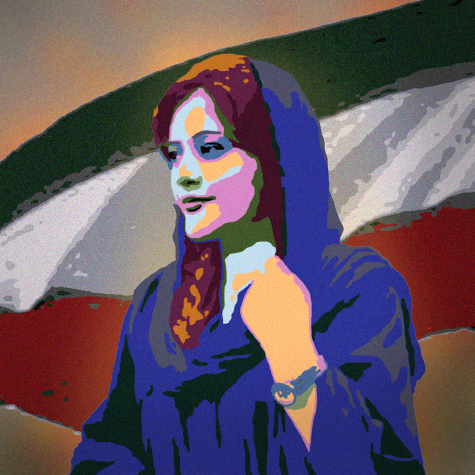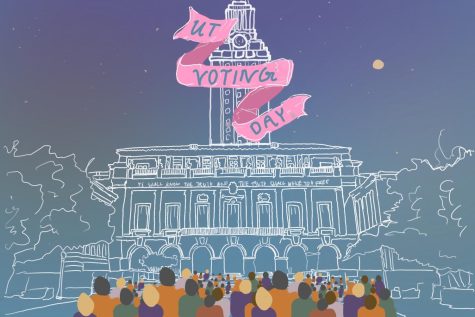COUNTERPOINT: Students should not be afraid to vote third-party
October 25, 2022
As election day draws near and polls start opening up for early voting, thousands of people in the Austin area will have to make hard choices this November. Regardless of personal preference, a vast majority of election races come down to two candidates, a Democrat and a Republican.
However, as close as the race for Texas governor may be, many Americans say they don’t fit comfortably into either party. Confidence in America’s two-party system has continued to decline. As many Americans become open to the idea of branching outside of the two party system, we should do the same.
Informatics freshman Julie Jones believes third parties are important.
“If there were a way to get more people to vote for the third parties to where they become a more viable option, I think that would really help politics because it makes things more balanced,” Jones said.
However, the main argument against voting for third-party candidates is that they can simply never win, at least on the state level.
“Third parties tend to not have much of a sway, so (people) feel that if they vote for a third party, they’re throwing their vote away that could go against a party that they oppose,” Jones said.
But, voting down the party line doesn’t always work. In Austin’s mayoral race, for example, all candidates will appear as nonpartisan an average voter looking to vote down the ballot won’t find a blatant “D” or “R” next to a candidate’s name. Outside of media ads and yard signs, the average voter has to look into individual policy positions.
Even more interesting is the notion we “have” to vote for the lesser of two evils. Instead, we should vote for who we believe is the strongest candidate.
Angelina Reyes, a government freshman, emphasized the idea of voting based on personal beliefs rather than a candidate’s likelihood of winning.
“If the two main people who are running don’t follow my views and morals, why should I vote for them?” Reyes said. “It’s better to vote regarding the person’s policies rather than just the party,”
Ideally, there should be no parties, and individuals should have to run based on specific issue positions. But as long as party politics are around, voters should still consider options outside the usual two choices, including the Green Party or the Libertarian Party. There are a variety of parties all around the country, such as the Working Families Party or even individuals running as independents.
Many people claim voting for third-party candidates is just as worthless as not voting at all, but this couldn’t be farther from the truth. In state-level races such as California or Alabama, two states known for their partisan views, the leading party isn’t likely to change anytime soon. However, your dissenting vote will allow you to support a candidate that fairly represents your views, and can even serve as an opposing voice holding the leading party accountable.
Voting for third party candidates could also force competitive races to have an even greater focus on policy in general, leading to more open conversations.
Your vote shouldn’t depend on party affiliation. Candid voting is what the principles behind policy are all about.
Regardless of who you vote for this November, change in the community starts on the local level. From one voice to one vote, I encourage you to cast your ballot for the candidates who best represent your views, regardless of what party you think will win.
Guzman is a social work and sociology sophomore from Austin, Texas.










